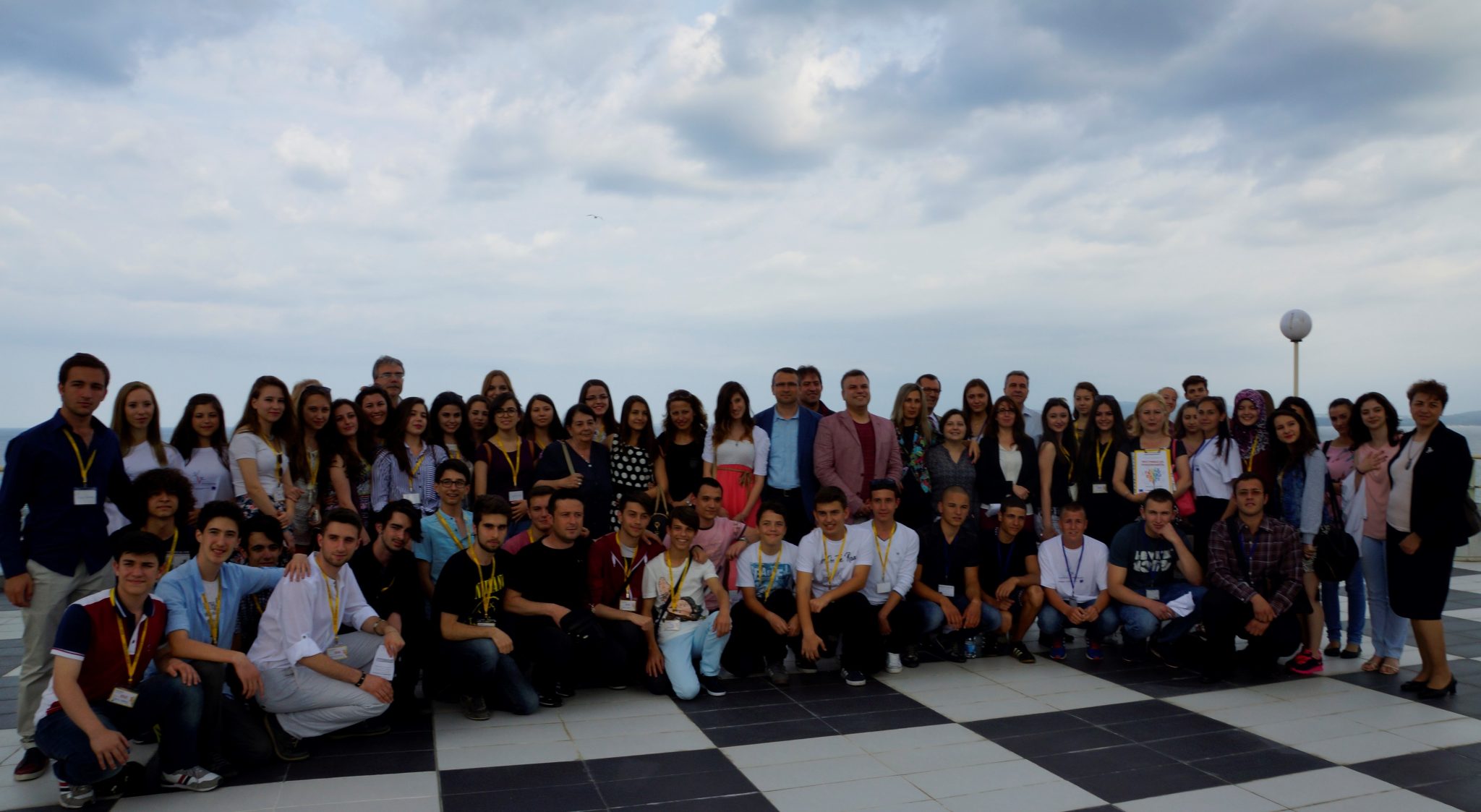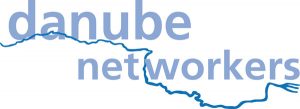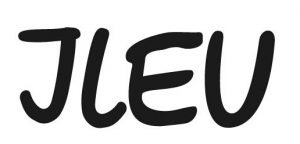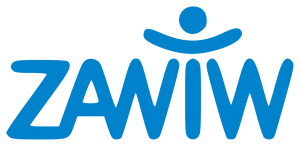Festival of Generations (FoG)

Aim
The project aimed at creating joint communication environment on the base of accumulated social and cultural experience of representatives of different generations for achievement of social development and creation of social cohesion links in the cross-border region Bulgaria - Turkey. The project was supported by the Bulgaria-Turkey IPA Cross-border Programme (CCI NUMBER: 2007CB16IPO008-2013-3-040) under the third call for proposals, priority axis 1: Sustainable social and economic development and area of intervention 1.1: Improvement of the social development and social cohesion links. The project introduced an innovative type of Festival not only for the cross-border region but for the entire territories of both project countries. The established partnership model "NGO and educational institution" provided for exchange of good practices and experience between civic society structure and government one in terms of creation of informal links and learning environment. Both parties benefitted from the synergies between education and culture that are in line with EU level policy conclusions on promoting a creative generation. It is recognized that cultural expression and access to culture have a vital role in developing the creativity of children and youth. Especially when developed and shared in "generational teams" the benefits for the whole society are immense. The Burgas and Luleburgaz municipalities benefitted from strengthening the links within local communities and increased artistic activities in their areas.Full Description
The project addressed the achievement of social cohesion, more specifically the actions taken for development of knowledge and skills of generations (youth and elderly, including the extended family). The clear and structured communication is one of the best ways for knowledge and skills enhancement. Thus, the project addressed the issue by research, informal communication, joint activities and public events to demonstrate the results in the Bulgaria – Turkey cross-border territory. The key project activities included:
1) Research Methodology Development – a Methodology for research, identification and addressing of deficits in communication between generations was developed in fields such as: technologies, communication (words with foreign origin, archaisms), historical and social terms. The aim was on closing the gap between generations through acquiring knowledge about the main family values, the customs transferred from one generation to the next, as well as the lifestyle changes due to various social factors.
2) Youth Units – created Youth Units in both schools working in ‘generations teams’ with elderly people on topic of their choice, research and record their family history, collect material for compilation of “Generations’ Vocabulary”.
3) Artistic Ateliers – functional at both schools the Ateliers create cultural products based on the family stories researched and recorded: a theatre performance and music and dance show.
4) “Festival of Generations” – organization and holding of two editions of the festival in Luleburgaz and Burgas. During the festival information on cross-border level was exchanged on topics such as: contemporary significance of knowledge and continuity between generations, language evolution, sharing of teachers’ experience from both schools on the positive effects of youth – elderly interaction, presentation of the methodology and the work for compiling the “Generations’ Vocabulary”. The second festival day was the premiere of the cultural products.
Project partners:
- Platform AGORA, Bulgaria – Project coordinator
- Secondary School “Konstantin Preslavski” – Burgas, Bulgaria
- Luleburgaz High School, Turkey
Step by Step Explanation
-
1
A Methodology for research, identification and addressing of deficits in communication between generations was developed and applied by teachers and students in two schools in Bulgaria and Turkey working with elderly people.
-
2
Youth Units were created in two schools, where 30 students worked in ‘generations teams’ with elderly people on topic of their choice, researched and recorded 30 family histories, collected material for compilation of “Generations’ Vocabulary” (382 words).
-
3
Artistic Ateliers functioned at both schools, creating three cultural products based on the family stories researched and recorded by the students with support from teachers and professionals: 1) Theatre performance “Ever, ever” from Bulgaria; 2) Music and dance show “The folklore from Anatolia to the Balkans” from Turkey and 3) Joint photo exhibition “Generations” (30 photos).
-
4
“Festival of Generations” in two editions were organized and hold in Luleburgaz, Turkey and Burgas, Bulgaria, attended by 321 people. During the two day festival information on cross-border level has been exchanged about the contemporary significance of knowledge and continuity between generations, language evolution, and the positive effects of youth – elderly interaction, premieres of cultural products of Bulgarian and Turkish students.
Results
Implemented Methods
Project method
Project method (item 7 Methods used in vocational training* applied Classification of training methods (Valentina Vassileva)
A participatory-oriented method applied to accumulate various knowledge, skills and abilities of the participants.
Step 1: Appointing of instructors, selection of students & sources of information.
Step 2: Training on application of a Methodology for research, identification and addressing of deficits in communication between generations.
Step 3: Research of publicly available information.
Step 4: Oral history recording and interviews (family stories).
Step 5: Adapt, editing and translation of stories for the printing of “Knowledge of Generations” (family stories).
Step 6: Identification and description of “new” unknown words for both generations.
Step 7: Preparation of “Vocabulary of Generations”.
Step 8: Organize Festival of Generations to demonstrate results and effects
Training Workshop
Training workshop (item 7 Methods used in vocational training* applied Classification of training methods (Valentina Vassileva)
Discovery-oriented method where participants learn in a direct connection with practice.
Step 1: Appointing of instructors, selection of students, forming work groups.
Step 2: Training on application of a Methodology for research, identification and addressing of deficits in communication between generations.
Step 3: Setting of an aim/topic to explore and defining goals of the work groups.
Step 4: Individual research in archives, libraries, museums, etc. and interviews with elderly.
Step 5: Discussion within the work group for sharing of information gathered and preparing a presentation.
Step 6: Groups work presentation.
Individual learning
Individual learning (item III Basic andragogical methods of learning* applied Classification of training methods (Valentina Vassileva)
An information-oriented method directed at motivating an independent self-learning.
Step 1: Students decide on the topic they would like to explore/research in detail.
Step 2: Choose the methods and means to apply in their learning process and the support needed.
Step 3: Independent work based on the chosen method/combination of methods.
Step 4: Research, observation and practice.
Step 5: Presentation or other form of demonstration of acquired knowledge.
Step 6: Professional feedback and self-evaluation.



